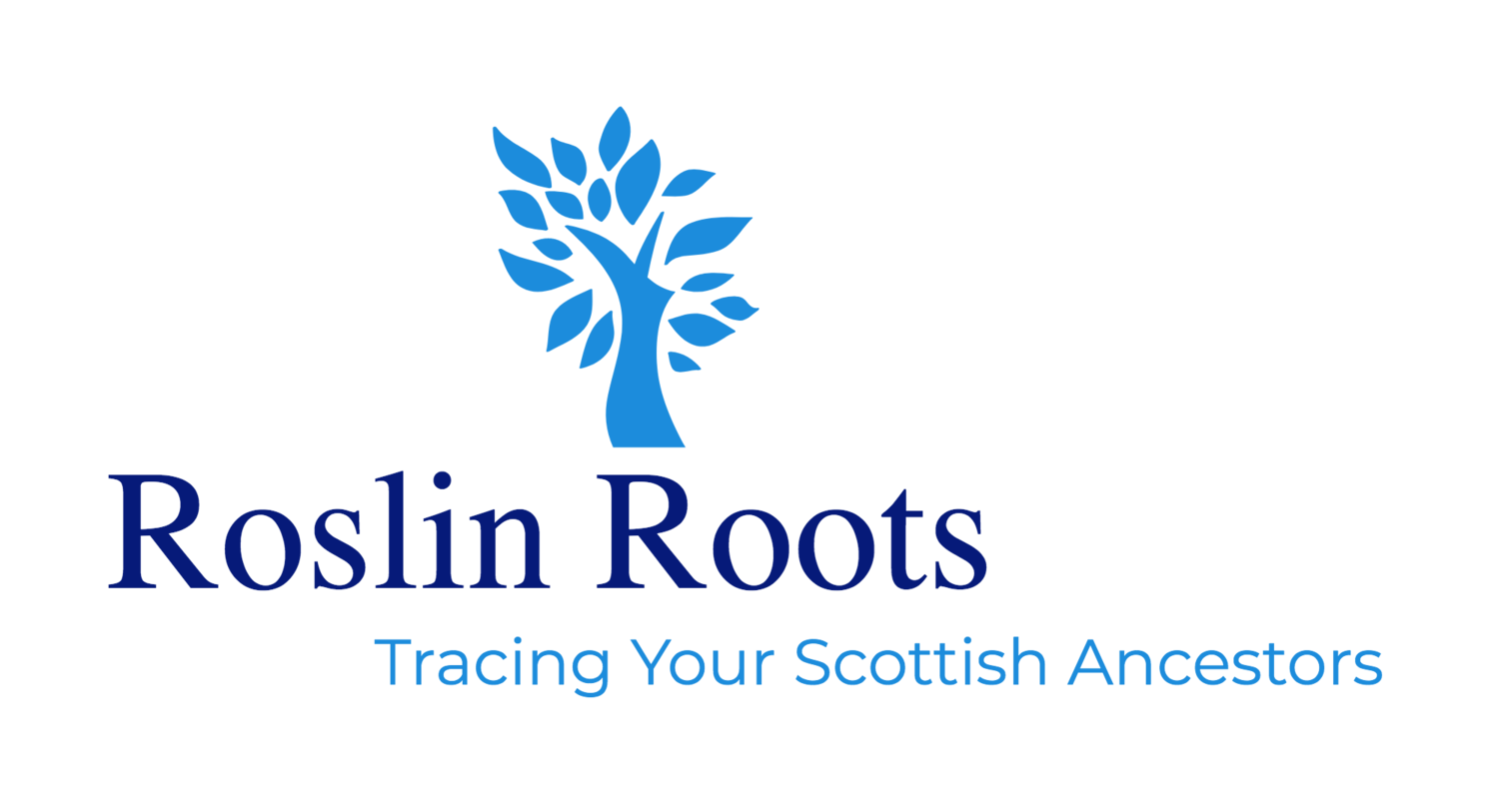Education records before 1872
I’d like to talk about some of the wonderful records available to us at the National Records of Scotland (NRS) by looking at some local stories about schooling and education before the Education Act of 1872 in Scotland. As well as providing context for education in local areas, many records at NRS can enhance your family history and support genealogy research.
I initially came across stories about the difficulties that some communities had providing schooling, whilst researching the impact of the Disruption of 1843. The Disruption was a major event in Scotland, when more than 40% of resident ministers left the Established Church and formed the Free Church of Scotland. Presbyterian democracy always aspired to the mass provision of education with many parish schools subsidised by the church or the heritors. The stories below highlight the rising tension between the heritors and the kirk sessions, around the time of the Disruption, and the differing educational standards that existed prior to 1872.
Penicuik, a large industrial town south of Edinburgh, had trouble keeping teachers at the local parish school due to the low level of enumeration. This was partly due to tension within the kirk session, involving the members of the session who were also heritors. They allowed a retired teacher to continue to receive his stipend after retiring from his post. The Kirk session minutes, from the Established Church of Scotland in Penicuik from 1830, tell us how Mr Muir, the local teacher, resigned from the post of schoolmaster ‘retaining all present emoluments, excepting school fees’. He continued to receive these for the next 19 years! An attempt was made in 1834 to obtain a salary for the assistant teacher to compensate for his limited income, but this was not successful. The Kirk session minutes show the difficulties they had keeping a schoolmaster until the death of Mr Muir in 1849 aged about 89.
The Kirk session minutes, from Carlops Free Church from 1844 to 1850, tells the story of the community’s struggle to provide a day school in the village, when they also suffered from a lack of income for a resident teacher. Carlops is a small village south of Edinburgh, close to Penicuik, that originated as a planned weaving village and by the mid 19th century was relatively poor due to the decline in handloom weaving. Most of the community left the Established Church, whereas the incumbent minister remained. He understandably refused to allow the Established Church premises to be used for a day school. Initially Mr Alexander, the owner of the Allan Ramsey inn and a supporter of the Free Church, offered some space in his hayloft and the temporary resident Free Church minister offered basic education. At the end of 1844 a teacher, Mr Edmunds, was employed to teach at the day school and they moved to new premises, which had been purchased as a temporary church from Mr Dinwoodie, who now lived in Galashiels. However there was no stipend with this job, and Mr Edmunds was dependent on the fees paid. He moved on in 1846 to take up a post at Torphican School in West Lothian, as this offered a stipend as well as the fees. Another teacher, Mr Nobel was employed but over the next few years the school saw a rapid turnaround of teachers, put off by the low enumeration.
The minutes of a meeting of the heritors of Penicuik in December, between 1844 and 1850, describes another disagreement. This time over the curriculum for the new school. Those who remained in the Established Church, led by Sir George Clerk the major landowner in the area, disagreed with Mr Cowan, an influential paper manufacturer and philanthropist who had joined the Free Church, over the subjects to be taught at the new school. Sir George Clerk wanted girls to only be taught needlework and other domestic instruction, whereas Mr Cowan wanted a broader education for girls. Girls were taught subjects such as English, writing, arithmetic, grammar, geography and history, as well as needlework at the school run by Mr Cowan’s wife and sisters. Sir George Clerk accused the Cowan’s of running their school under Free Church influence, which they contested. A new school was built by the heritors and this remained under control of the Established Church and the influence of Sir George Clerk. A copy of a letter written by Mrs Cowan arguing for a broader education for girls is included in the heritors minutes. More information about the financial support and the running of the Cowan’s school can be found in the Cowan’s business archive held at National Records of Scotland.
Prior to 1872 you can find names and events relating to education in Kirk session minutes, heritors minutes and sometimes in estate papers and business records, many of which are held at the National Records of Scotland. The contents of these records are rarely comprehensively indexed but a general search for a name or a locality in the online search will identify records that may be worth studying. These records often contain great stories and can include names, locations and other information about local people that you may not find elsewhere. This is especially true for the period prior to statutory registration and before more formal school records were kept, when education eventually came under government control.
Records studied include
NRS, CH2/297/6, Penicuik Kirk Session –Minutes, 1812-1856
NRS, Census 1841, 697/5/3. Mr Muir is recorded in the 1841 Census as Schoolmaster aged 81 NRS, OPR Death 697/40/508. Mr Muir’s death aged 89.
NRS, CH3/429/7, Carlops Free Church – Committee Minutes 1844-1850
NRS, GD18/3010, Copy of minutes of meetings of heritors of Penicuik regarding the building of a new school, 1844-1845
NRS, GD18/3010/3, Letter from Mrs Cowan to Sir George Clerk
NRS, GD311/3/308 Cowan’s Paper Manufactory, Balance Book of Ledger and Friendly Society Accounts 1835-1861
